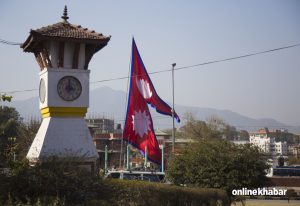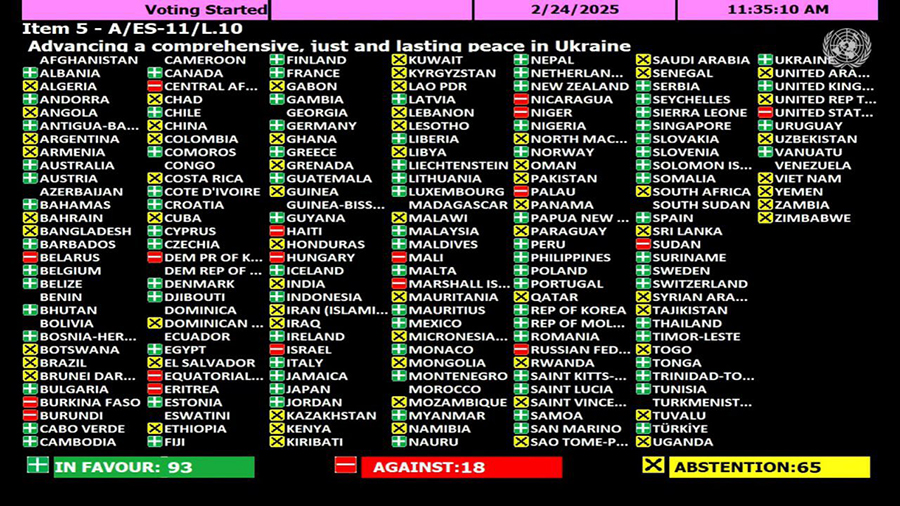
Nepal, like any other developing country, has been grappling with the issue of the politics-crime nexus for years. It has become a significant political phenomenon that has far-reaching implications for the country’s stability and development.
The weak governance and political instability in Nepal have also contributed to the rise of crime as a political phenomenon. There is a need for a concerted effort by the government, political parties, civil society, and international partners as the politics-crime nexus has been a major impediment to the country’s stability and development.
Understanding the nexus

In recent years, Nepal has witnessed a rise in criminal activities including organised crime, drug trafficking, human trafficking, and corruption. These crimes not only pose a threat to public safety but also undermine the rule of law and democracy in the country. But, more problematically, political leaders have often used their power and influence to protect their interests and those of their supporters, leading to the proliferation of crime, corruption and impunity.
The politicisation of crime and corruption has also been a significant challenge in Nepal. Political parties have been accused of using criminal elements to further their political agendas. This has resulted in the entrenchment of criminal networks in the political establishment, further weakening the rule of law and democratic institutions.
While tracking the politics-crime nexus in Nepal, so many examples can be found including the murder of media personality Jamim Shah in 2010, the alleged political nexus of trader Ajaya Sumargi and the 2018 gold smuggling case led by Chudamani Upreti aka Gore.
Similarly, in 2019, a member of the Nepal Communist Party (NCP) was arrested for his alleged involvement in the murder of a rival party member. The accused was a close aide to a powerful politician and had been reportedly involved in a long-standing feud with the victim. The notorious Lalita Niwas land scam is another paramount example.
Considering everything as it is, it is safe to say the politics-crime nexus will continue in Nepal in the upcoming years also.
The impact

The politics-crime nexus in Nepal has not only weakened the rule of law but has also undermined the country’s reputation on the global stage, making it difficult to attract foreign investment and support.
These unholy ties had significant implications for the country’s international relations.
The examples of the Jamim Shah murder case and the gold smuggling case serve as a stark reminder of the need for transparency and accountability in the government and political establishment.
Examples of the politics-crime nexus in Nepal show powerful politicians and leaders often use their positions to engage in illegal activities and exploit their power for personal gain. This highlights the need for stronger anti-corruption measures and the importance of holding public officials accountable for their actions.
Remedies

The politics-crime nexus as a political phenomenon can be addressed in Nepal through various measures.
Firstly, there should be a strict implementation of anti-corruption laws and regulations. This can be done by strengthening the capacities of the anti-corruption agencies and ensuring their independence from political interference. Additionally, there should be strict monitoring and investigation of political funding and expenditure to prevent the misuse of public funds for illegal activities.
Secondly, there should be a culture of transparency and accountability in politics. This can be achieved by promoting political education and civic engagement, empowering civil society organisations to monitor political activities, and encouraging media freedom and investigative journalism.
Thirdly, there should be a reform of the political system to make it more inclusive and responsive to the needs of the people. This can be done by promoting electoral reforms, strengthening local governance, and ensuring the representation of marginalised communities in decision-making processes.
Overall, addressing the politics-crime nexus in Nepal requires a multi-faceted approach that involves legal, institutional, and social reforms. It requires the commitment of political leaders, civil society organisations, and the general public to promote a culture of transparency, accountability, and respect for the rule of law.
























